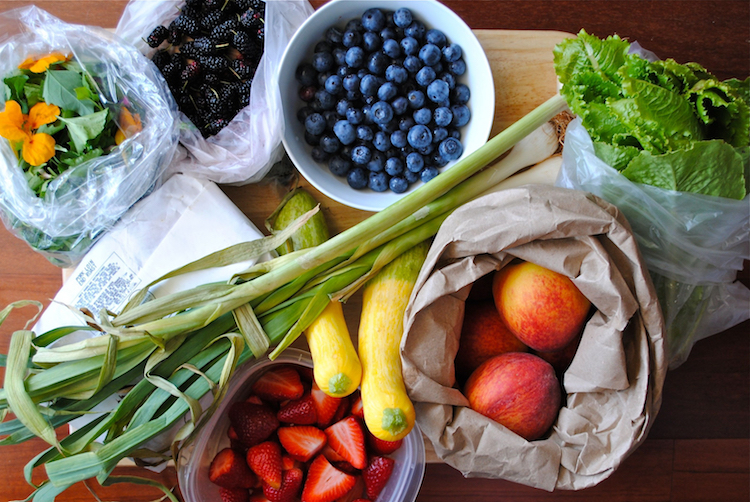
08 Apr Performance Nutrition Basics – Leg One
A Registered Dietitian & Sports Nutritionists Point of View:
Carbohydrates—What They Are and What They Are Not.
The word “carb” strikes fear into the hearts of many. Often, carbohydrates are seen as “fattening”. Here’s the real story: our body needs carbohydrates, but it’s always best to choose the healthiest sources and not to over-indulge.
The main reason why “carbs” get a bad rap is because of what typically comes to mind when the word is uttered: a large plate of pasta, heaping helpings of rice, bagels the size of your face. Sadly, this mindset is short-sighted. Carbohydrates are found in many foods; some healthy, some not as much. Foods that contain carbohydrates are fruit, starchy vegetables (and any product made from them, like French fries and potato chips), foods made from grain/wheat, most dairy products other than cheese (this includes ice cream, too), and anything that contains any type of sugar (candy, cake, pastries, etc.).
When we eat foods containing carbohydrates, they break down into a special kind of sugar called glucose and enter the bloodstream. To many people, this sounds terrible!!! Herein lies the confusion. The truth is, the body requires this blood glucose in order to function. It is one of our body’s primary sources of fuel. The problems come about when the source of the carbohydrate is a less healthy food or the amount eaten is too much. That’s when there is more likelihood for excess to be stored as fat.
For the athlete: despite what you may read online about the latest buzz in endurance nutrition, the tried-and-true best fueling method that’s been proven over decades of research is adequate carbohydrate consumption on a regular basis (future blogs will address fueling during training & competition). The definition of “adequate” is different for everyone, but it’s always best to choose the healthiest carbohydrates you can. Here’s a list:
- All fruit—don’t believe it if you read that one fruit is any better or worse than any other (unless it has sugar added to it—that’s not as healthy)
- Starchy vegetables—potatoes (yes, white potatoes are very healthy, as long as they are minimally adulterated; in other words, not potato chips or French fries), sweet potatoes, corn, peas, winter squash
- Legumes
- Whole grains—look for the word “whole” in the ingredients
- Low fat milk or yogurt (or dairy alternatives)
Janet Carter, MS, RD, LD, CPT, CLS
Dietitian/Sports Nutritionist Endurance Athlete
dietjc24@yahoo.com
774-400-7566
Coming Soon: Performance Nutrition Basics, Leg Two; Demystifying Fats
This blog is written using the most updated scientific information available. The author has no financial stake in anything that’s discussed, nor is she benefiting financially from writing the blog article. In other words, you are receiving un-biased, science-based sports nutrition information from an experienced professional who is also a seasoned endurance athlete.







No Comments